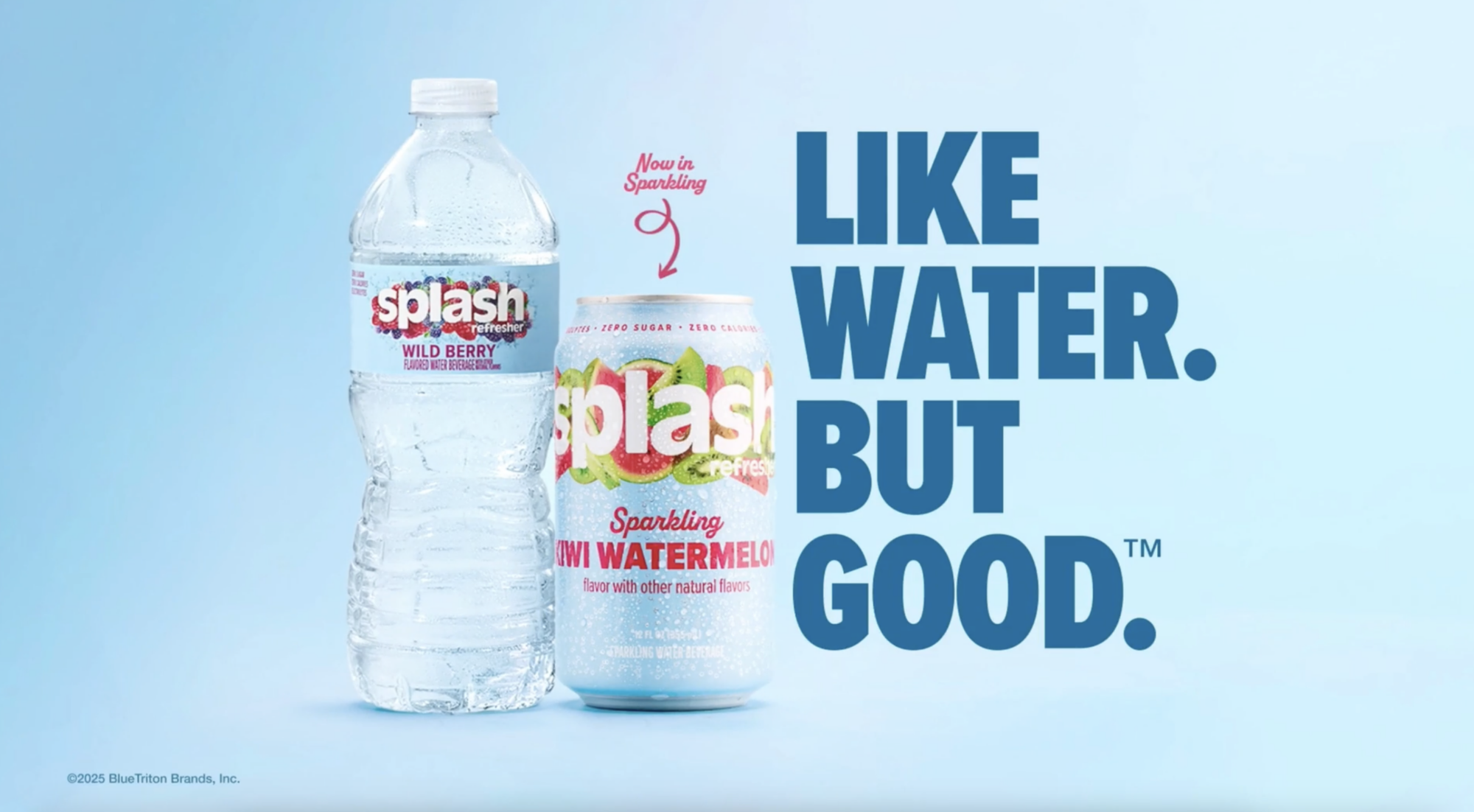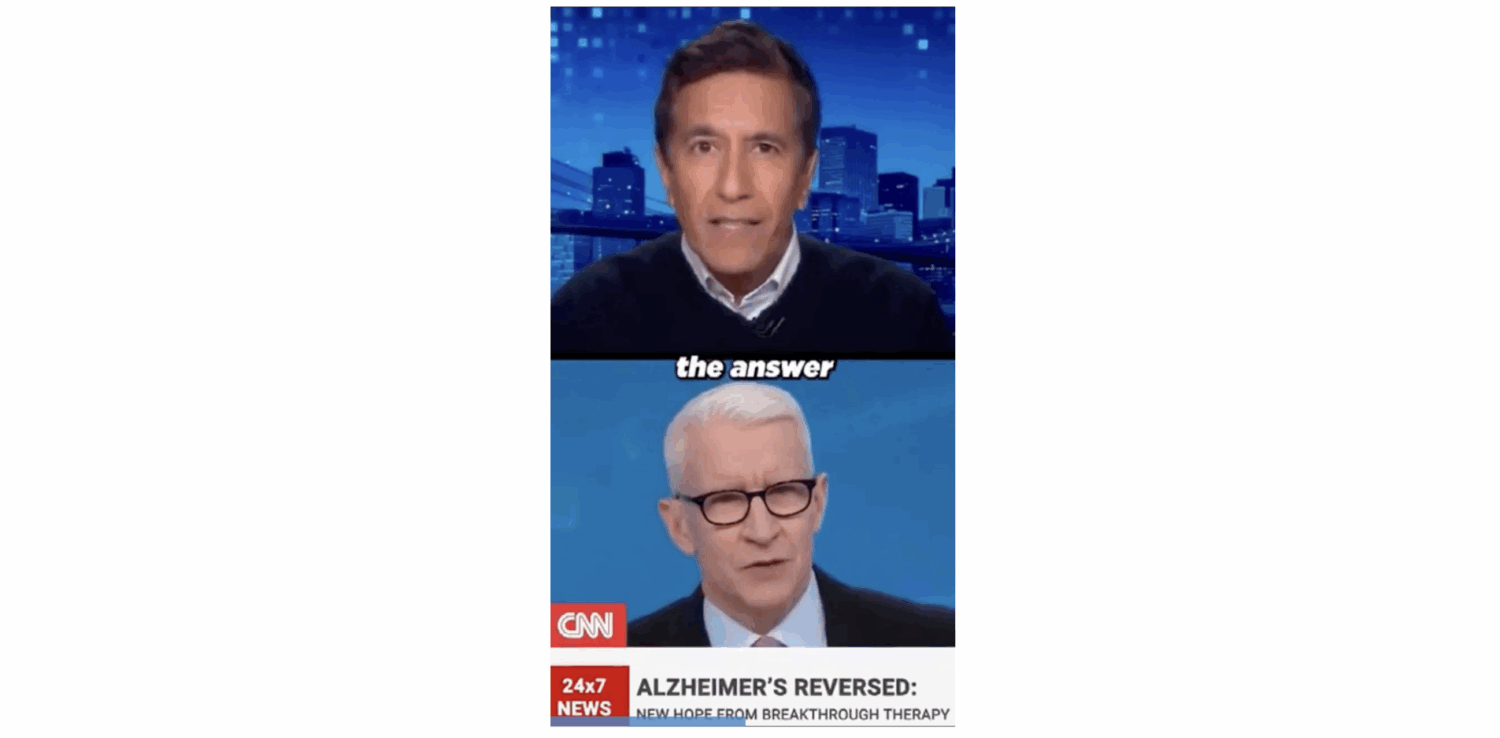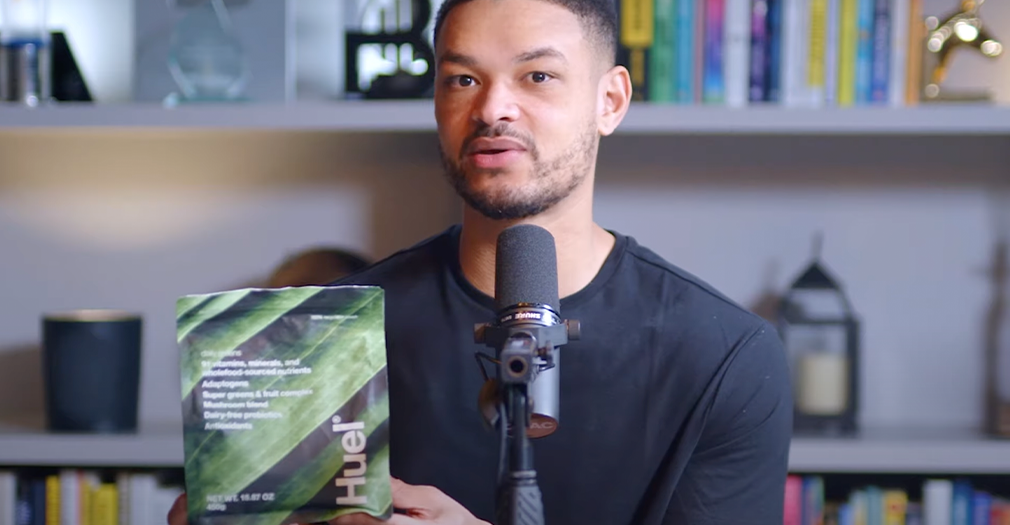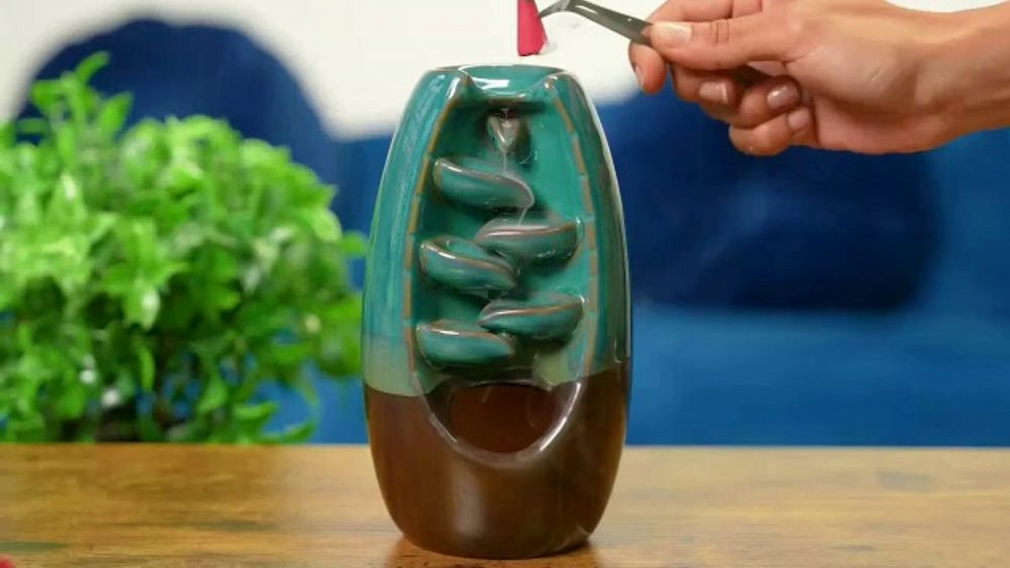
Splash Refresher Sparkling Water
Products contain some surprising ingredients for a drink advertised as “like water.”
The video starts with a powerful testimonial from a person known for giving powerful performances on screen, three-time Academy Award-winning actress Meryl Streep:
I have a wonderful life. I don’t want to die. I’m in great physical health but my brain is deteriorating and my short-term memory loss is making my life a mess. Memory decline started to show its signs in simple lapses: forgetting appointments, until the day I forgot the way home. … Today my memory is restored again and what seemed to be the first signs of Alzheimer’s settling in, they were just gone.
What reversed Streep’s memory problems? She credits a honey-based protocol concocted by CNN Chief Medical Correspondent Dr. Sanjay Gupta that “flushes out the rust in the brain that causes cognitive decline” and that, the video goes on to explain, is now available to the public as a supplement called Memory Defender.
There’s just one problem: Streep never said these things. The audio is a complete fabrication. The video comes from an appearance she made on “The Graham Norton Show” in January 2015 where she joked about an awkward experience auditioning for “King Kong.” But while the colorful set is the same, the interviewer in the Memory Defender video is not Graham Norton, but rather a different individual who doesn’t even appear to be in the same room as Streep.
As for Dr. Gupta, the video claims he was inspired to create Memory Defender after his father couldn’t recognize a photo of him as a baby, setting him on a journey that would include a trip to “an isolated village in the Himalayas” to procure “a rare dense honey called cider honey.” But the neurosurgeon himself has condemned the video as an “AI Generated Fake.”
“That’s not me,” Gupta said in a CNN Facebook post in July that shows clips from the Memory Defender video. “That’s a fake,” he said, adding:
We all want to come up with new ways to try to treat Alzheimer’s, maybe even cure it. But that’s not what this is. This is a total scam. And it’s basically designed to try and take your money.
In addition to fake celebrity endorsements (from the likes of Streep, Gupta, Oprah, Jim Carrey, Anthony Hopkins, and others) the video uses time pressure tactics to get you to part with your money as fast as possible, while encouraging consumers to take advantage of a buy-three-get-three-free offer that costs $294 but that purportedly has “180-day no questions asked money-back guarantee.”
These deceptive tactics include falsely claiming that there are only 79 bottles of Memory Defender left in stock, which decreases to 27 bottles in the span of a couple minutes. Then, once consumers get to the checkout page, they are greeted with a countdown clock telling them that their order will only be reserved for about 10 minutes. But once the timer expires, the order/offer is still available.
The video claims that “Memory Defender is only available through this official page” and you won’t find the supplement “anywhere else.” However, there is no mention in the video of who actually manufactures Memory Defender or of the brand associated with the supplement. A disclaimer on the checkout page informs visitors that they are purchasing the supplement “from Cartpanda,” an e-commerce platform. Meanwhile, Amazon listings for purported Memory Defender products show a number of different brands on the bottles themselves including Ideal Performance, Livorka and NutraVibe.
Cartpanda and Amazon did not respond to TINA.org requests for comment.
Additional digging reveals that there is another website – memory-defender.us – that also claims to be the “official” supplement site and that also raises a number of red flags. Among other things, the site uses stock images in purported customer testimonials and falsely claims that the supplement, which has different packaging and a different formula than the one in the Gupta video, is FDA approved. TINA.org sent a request for comment to an “info” email address included in a disclaimer on the site but didn’t receive a response.
If you come across your favorite celebrity touting a miracle product online, a little research can go a long way toward confirming the legitimacy of the endorsement.
As Dr. Gupta says in the July Facebook post, “If I find something that’s as provocative and interesting and a breakthrough like this, I’m certainly going to be talking about it in places you can easily find.”
Find more of our coverage on artificial intelligence
Our Ad Alerts are not just about false and deceptive marketing issues, but may also be about ads that, although not necessarily deceptive, should be viewed with caution. Ad Alerts can also be about single issues and may not include a comprehensive list of all marketing issues relating to the brand discussed.
Products contain some surprising ingredients for a drink advertised as “like water.”
U.K. ad regulator takes issue with celeb endorsement.
A cascade of deceptive marketing issues.


